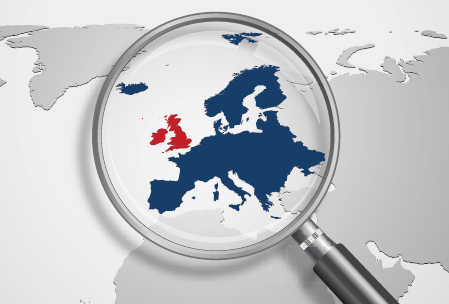By Neil Adams
With the current political upheaval, it would be foolhardy to try and predict milk prices, therefore it is essential to consider current political uncertainty and how this could disrupt your business.
Brexit uncertainty has led to a fall in the value of sterling. This will make the price of exports more attractive and the UK more competitive in export markets which could be a positive force for milk prices. At the same time the deepening trade war between China and the US could lead to China looking to source dairy products from elsewhere, with Europe being such a sizeable producer the UK can currently benefit from this dynamic.
Short term
If the UK crashes out of the EU with no deal and defaults to World Trade Organisation rules, prices will almost certainly rise as dairy products, along with meat, attract high tariffs. This might be welcomed by producers but the effects on demand could be very significant.
For processors reliant on exports, they face the highest level of uncertainty in the run up to October, when Britain could leave the EU without a trade agreement. Their current customers will want to have certainty of supply and may look to secure an alternative processor outside the UK to meet their needs irrespective of whether or not trade disruption occurs at ports.

Cool heads, contingency planning, communication and collaboration is needed more than ever to cope with these challenges. Therefore, it is not unreasonable to demand frequent open communication with your milk purchaser now more than ever.
Long term
Longer-term concerns about the global impact on the environment from cattle farming are building a head of steam and the anti-dairy sentiment is building. It is hard to predict how this will influence government policy. However, the more one-sided the debate becomes the harder it will be for politicians to resist the clamour to do something. While these may be an influence in the longer term, it is unlikely to influence prices short term. As we have argued on the previous page more balance is needed in this debate.








